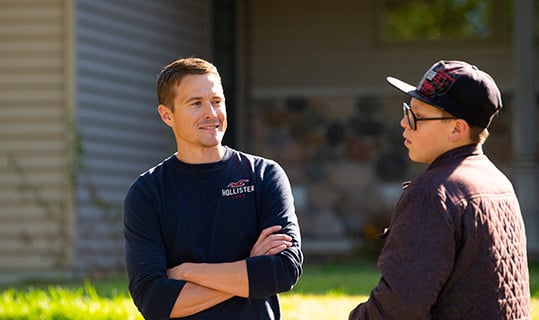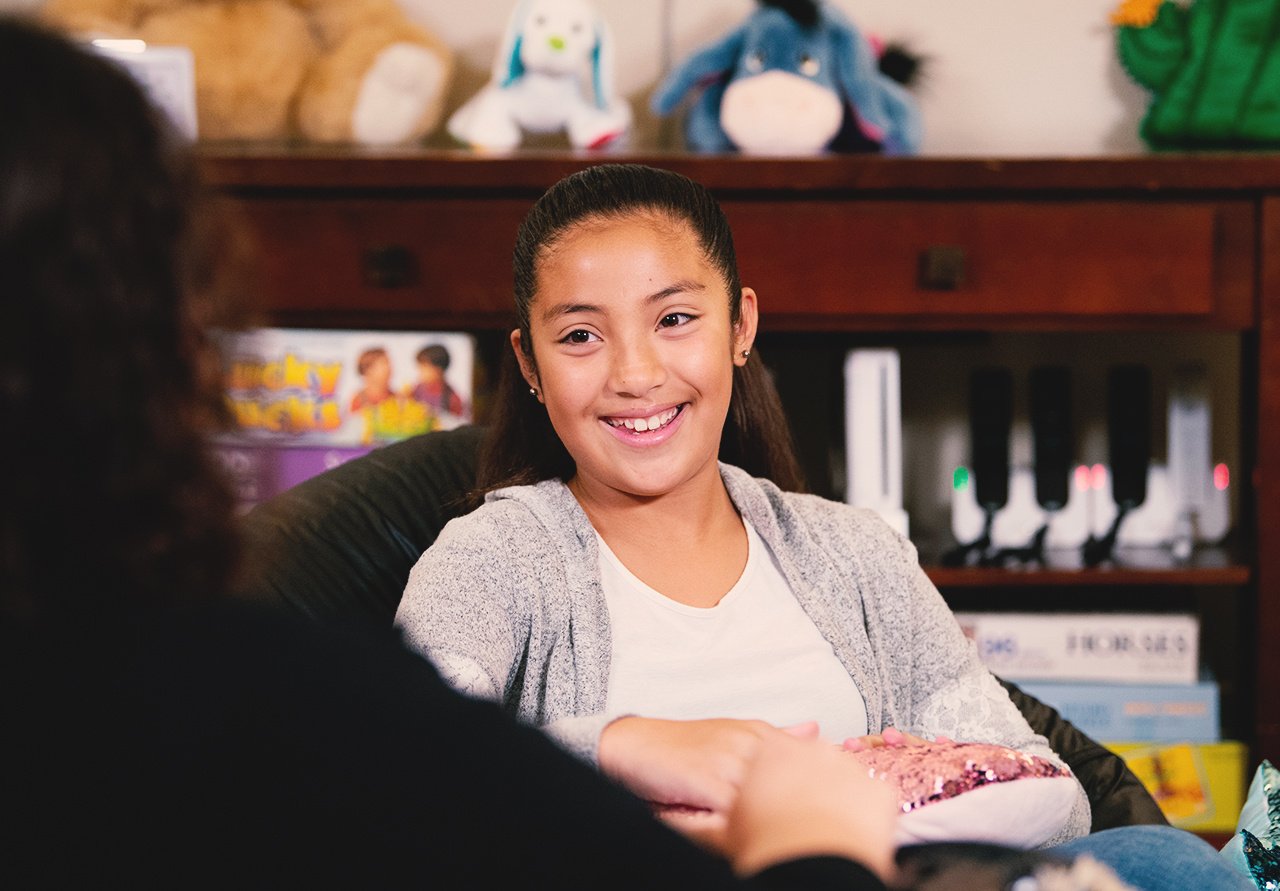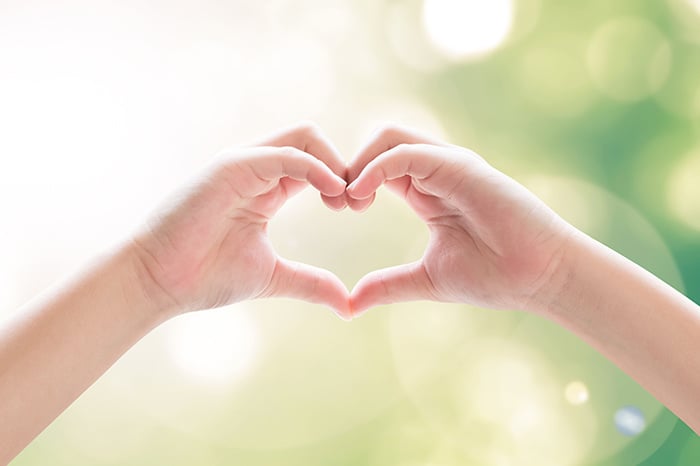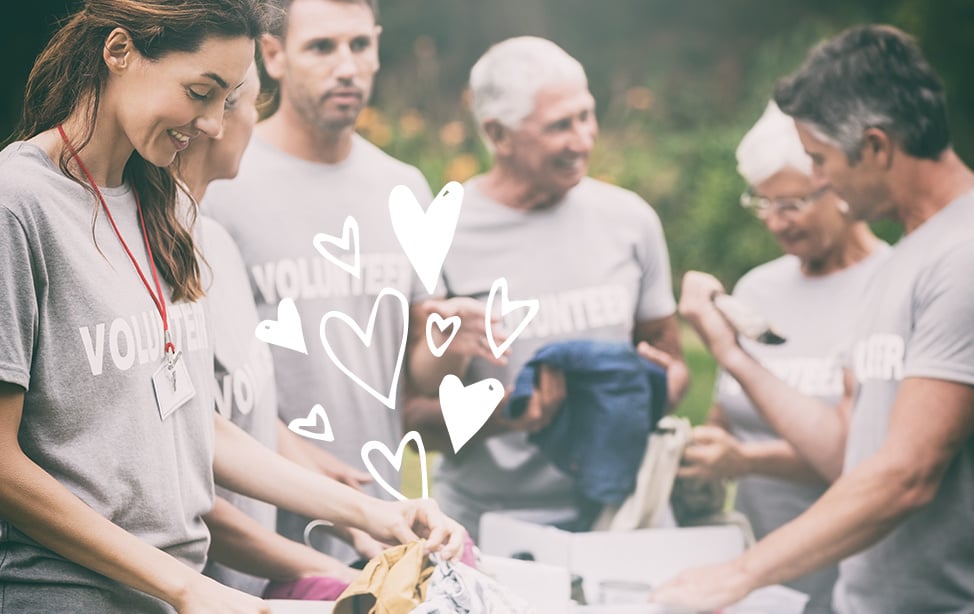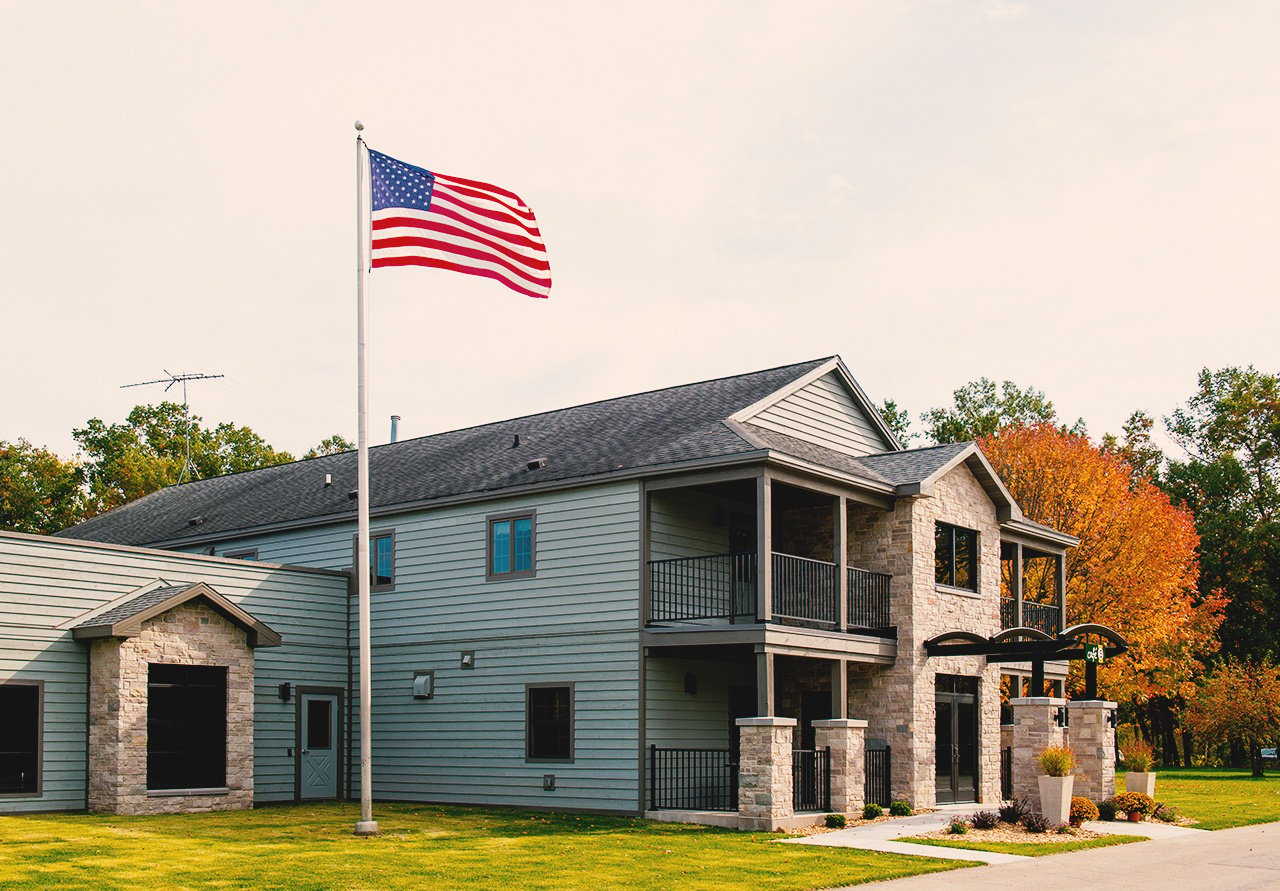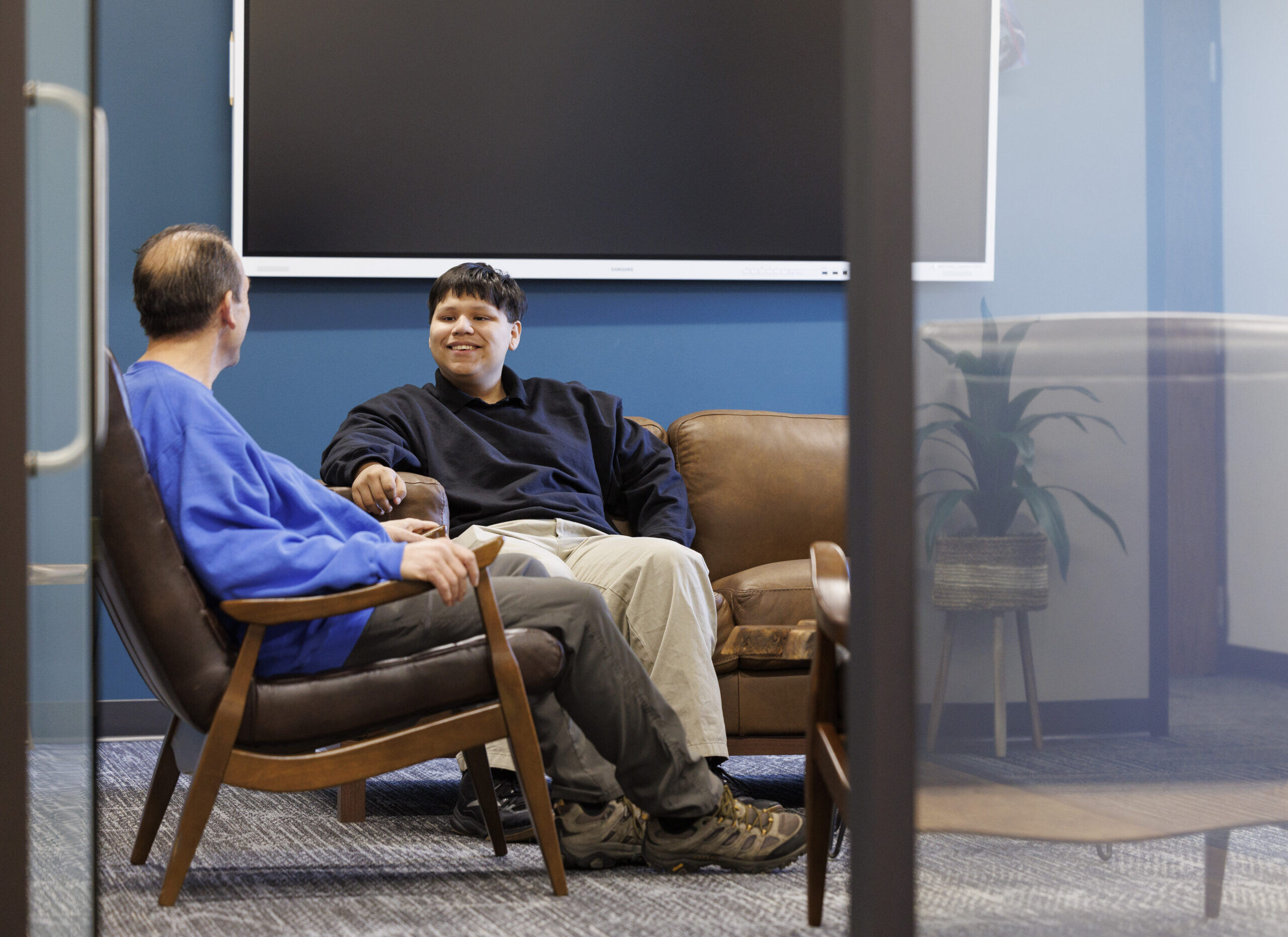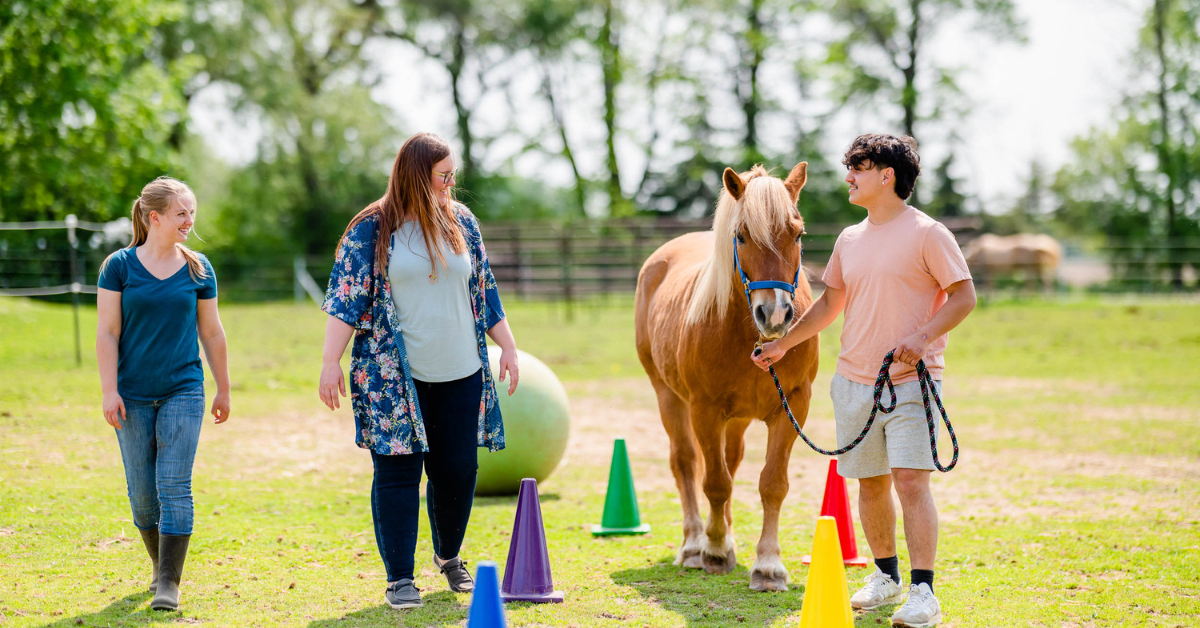
Therapy doesn’t come naturally for a lot of young people. It’s tough to talk about deeply personal issues, to trust a counselor, and to be honest without fear of judgment. Equine occupational therapy, however, can help teens feel more comfortable as they work toward mental wellness.
At Rawhide, we use equine therapy to help young people heal holistically. This combination of traditional occupational therapy and the reassuring presence of horses can be effective at gently breaking through barriers.
In this post, we’ll explain the benefits of equine occupational therapy, what it entails, and the types of conditions it’s effective in treating.
What is Equine Occupational Therapy?
Equine occupational therapy is the practice of bringing horses into traditional occupational therapy. The calming presence of horses helps teens feel more comfortable talking about their feelings. Teens also learn how to take care of horses, which can be an important mental reset for young people who have struggled to make meaningful connections with peers, family, or other people in their life.
How Occupational Therapists Heal with Horses
Occupational therapists who incorporate horses into their practice have special training in equine-assisted psychotherapy.
In equine therapy, the horse’s movement stimulates sensory, neuromotor, and cognitive systems in young people, which makes it an ideal form of therapy for teens who have sensory processing challenges.
Benefits of Equine Occupational Therapy
Interacting with horses can greatly improve many aspects of young people’s development. The benefits of equine occupational therapy include:
Emotional Benefits
Horses offer a nonjudgmental and comforting presence that may help teens feel more connected to their therapeutic experience. A horse becomes part of a teen’s wellness journey, which can help alleviate feelings of loneliness and isolation.
Physical Benefits
Equine therapy offers many physical benefits for young people. Activities like grooming and leading horses enhance coordination, balance, and muscle strength, along with physical fitness and motor skills.
Cognitive Benefits
Equine occupational therapy also boosts cognitive abilities through engaging activities. Benefits include:
- Improved focus and attention span
- Enhanced problem-solving skills
- Increased ability to follow multi-step instructions
- Better memory retention
- Strengthened learning capabilities
- Development of planning and organizational skills
- Boosted critical thinking and decision-making abilities
Cognitive skill growth during horse therapy can help teens improve academic performance and the essential strengths they’ll need in adulthood.

Conditions Treated with Equine Occupational Therapy
Equine occupational therapy is an effective treatment for many conditions and behavioral disorders. Teens who need counseling may have more than one type of condition, and therapists can customize treatment for commonly recognized disorders, as well as complex comorbidities.
Autism Spectrum Disorder (ASD)
Equine occupational therapy benefits young people with autism in many ways. It enhances social interaction, reduces anxiety, and improves sensory processing.
The rhythmic motion of grooming provides a sense of calm for teens with ASD, and communicating with the horse allows teens to build social skills in a safe setting.
Attention Deficit Hyperactivity Disorder (ADHD)
Structured activities involving horses help teens with ADHD develop their concentration skills and ability to follow instructions. Equine occupational therapy also promotes self-regulation and impulse control.
Physical Disabilities
Equine occupational therapy can help young people with physical impairments make remarkable improvement in their muscle tone, balance, and coordination, giving them the confidence to grow.
Trauma and Post-Traumatic Stress Disorder (PTSD)
Equine occupational therapy provides a safe space for youth with trauma and PTSD. It can be especially effective for at-risk teenagers who have never tried therapy before.
Anxiety
For young people with anxiety, horse therapy can provide a calming effect. Helping teens overcome the initial anxiety about therapy gives therapists a greater opportunity to explore and address the roots of anxiety, in general.
How Equine Occupational Therapy Works
At Rawhide, our equine occupational therapy program is tailored to meet the needs of each individual youth.
A session will typically run for 45 to 60 minutes. Most youths we work with attend weekly sessions over a period of 4 to 9 months.
Each youth works with both an occupational therapist and an equine specialist. For example, activities may include:
- Grooming Horses: to enhance motor skills and build a bond with the horse.
- Leading Horses: to develop leadership skills and improve coordination.
- Obstacle Courses: to use various techniques to achieve physical and mental therapy goals.
- Groundwork Exercises: to teach communication and problem-solving skills by working alongside the horse.
- Interactive Games: to promote cognitive development through fun, engaging activities with the horses.
- Nature Walks: to encourage mindfulness and relaxation by leading horses through natural settings.
Horses often provide clues to therapists based on their reactions to group dynamics. While therapy is usually conducted one-on-one, we can also run an occasional family session.
For the latest information about our services, check out our frequently asked questions. Therapeutic riding is not currently included in our equine-assisted therapy services.
Getting Started with Equine Occupational Therapy at Rawhide
Equine occupational therapy at Rawhide offers unique benefits for young people. It addresses their physical, emotional, and cognitive needs through therapeutic horse interactions.
Our holistic approach helps improve social skills, reduce anxiety, enhance focus, and build physical strength.
We offer both individual and family therapy. Each session is tailored to meet the specific needs of the youth we’re working with.
Feel free to schedule an appointment if you’d like to learn how our equine therapy can best support your youth. You’re also welcome to read more of our youth counseling resources.

